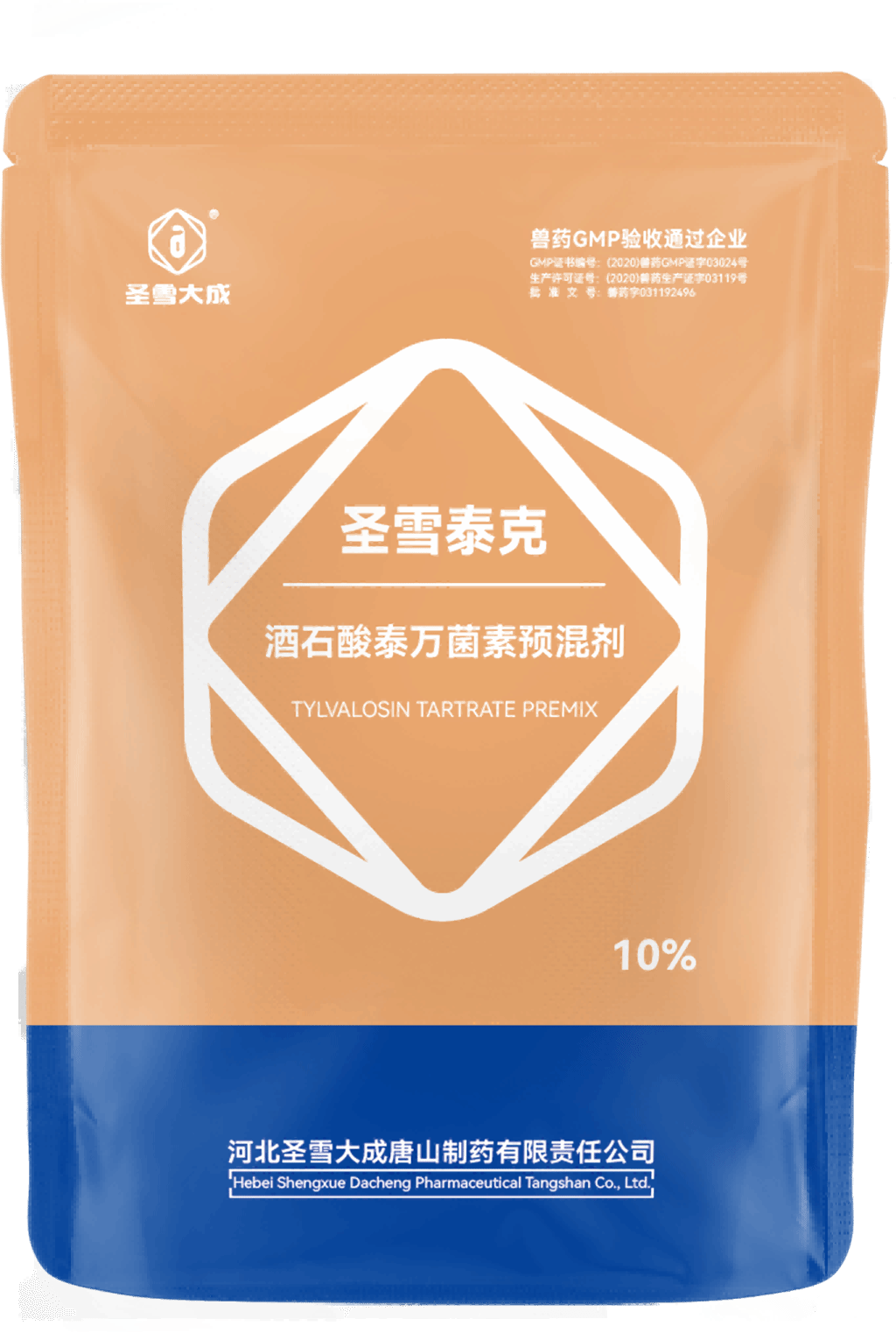Tel:+8618231198596

News
 CONTACT
CONTACT
 CONTACT
CONTACT
- Linkman:Linda Yao
- Tel: +8618231198596
- Email:linda.yao@dcpharma.cn
- Linkman:CHARLES.WANG
- Department:Overseas
- Tel: 0086 0311-85537378 0086 0311-85539701
News
Tylvalosin tartrate premix contributes to reducing the environmental impact of livestock farming.
TIME:2024-09-04
The Environmental Challenges of Modern Agriculture
Agriculture faces numerous environmental challenges, including greenhouse gas emissions, water pollution, and land degradation. Within livestock farming, one significant issue is the overuse of antibiotics, which can lead to antimicrobial resistance (AMR), a global health threat. Additionally, unhealthy animals require more resources—such as feed, water, and energy—to produce the same amount of meat, milk, or eggs, thereby increasing the environmental impact.
How Tylvalosin Tartrate Premix Supports Sustainable Farming
Tylvalosin tartrate is an antibiotic that, when formulated into a premix and administered through feed, can help maintain herd health, particularly during periods of stress. Here’s how it contributes to reducing the environmental impact of farming:
Improving Animal Health and Productivity: Healthy animals are more productive, requiring fewer resources per unit of output. By preventing and treating bacterial infections, tylvalosin tartrate ensures that livestock remain robust and efficient, thereby reducing the need for excessive feed and water consumption.
Minimizing Waste: Animals that are sick or underperforming due to disease often produce more waste, which can contribute to soil and water contamination. Healthy livestock generate less waste, and the waste produced is of a higher quality, potentially serving as better fertilizer for crops.
Reducing Greenhouse Gas Emissions: Poor animal health can lead to increased methane emissions, especially in ruminants like cattle. By maintaining optimal health, animals are less likely to emit excess gases, thus contributing to lower overall emissions from the farm.
Preventing Overuse of Antibiotics: Tylvalosin tartrate, when used responsibly and under veterinary guidance, can help prevent the overuse of antibiotics. Proper use reduces the risk of developing antibiotic-resistant bacteria, which is not only a health concern but also an environmental issue as resistant strains can spread beyond farms into the wider ecosystem.
Supporting Biosecurity Practices: Enhancing herd health through the use of tylvalosin tartrate premix can support other biosecurity measures, such as quarantine procedures and hygiene protocols. These practices further reduce the spread of diseases, thereby decreasing the need for emergency antibiotic use and promoting a cleaner environment.
Implementing Sustainable Antibiotic Use
To ensure that tylvalosin tartrate premix contributes positively to environmental sustainability, it must be used in conjunction with a comprehensive approach to livestock management. This includes:
Regular Health Monitoring: Regular check-ups and testing to detect diseases early, allowing for timely interventions.
Nutritional Management: Providing balanced diets that support animal health and reduce the susceptibility to infections.
Environmental Stewardship: Implementing practices that minimize pollution and promote biodiversity, such as proper manure management and the use of renewable energy sources.
Conclusion
The strategic and responsible use of tylvalosin tartrate premix can significantly contribute to reducing the environmental impact of farming. By supporting healthier livestock, farmers can achieve greater efficiency, minimize resource waste, and mitigate the release of pollutants. Coupled with strong biosecurity measures and sustainable farming practices, tylvalosin tartrate becomes an ally in the pursuit of environmentally friendly agriculture, ensuring the long-term viability of our food production systems.
- Tel:+8618231198596
- Whatsapp:18231198596
- Chat With Skype







